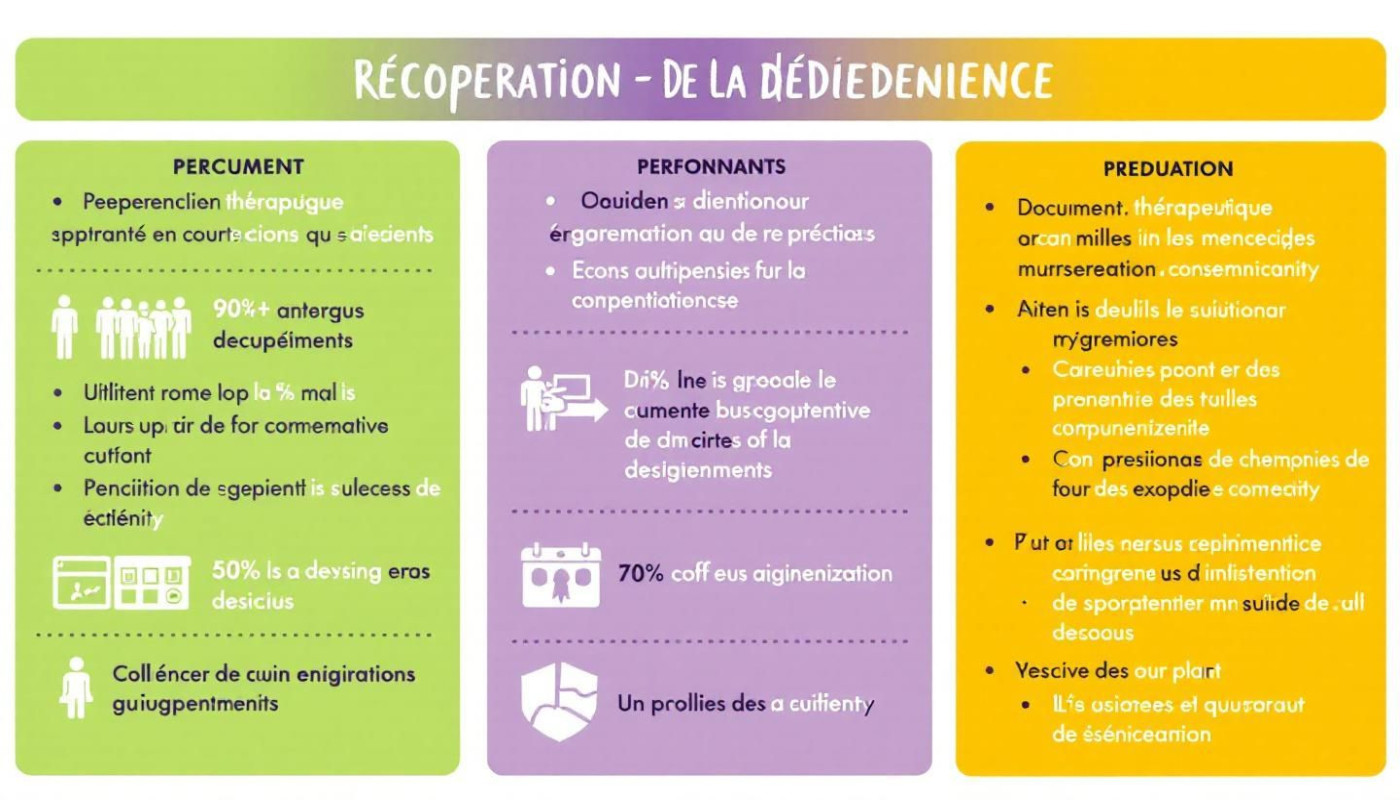Table of contents
The journey of personal growth is a multifaceted endeavor, rich in both challenges and rewards. As individuals seek to expand their horizons and unlock their full potential, integrative modalities emerge as powerful tools to facilitate this transformative process. This exploration delves into the nuanced impact these practices have on personal development, unveiling how they can harmoniously enhance one's life journey. Read on to discover how the integration of various modalities can catalyze profound growth and lead to a more enriched, balanced existence.
Understanding Integrative Modalities
Integrative modalities represent a holistic approach to self-improvement that emphasizes the importance of addressing all facets of an individual's existence, including their physical, emotional, mental, and spiritual well-being. These practices are grounded in the principle of holistic integration, which suggests that the interconnection of these different aspects is fundamental to achieving personal growth. Holistic practices such as yoga, meditation, and biofeedback are just a few examples that fall under this umbrella. By engaging in integrative modalities, individuals may develop a deeper understanding of themselves, foster resilience, and enhance their overall quality of life. The benefits of such approaches are manifold, providing a comprehensive framework for those seeking to enrich their journey toward well-being.
The Role of Mindfulness and Meditation
Within the realm of personal development, the practices of mindfulness and meditation are highly regarded for their transformative effects. Mindfulness benefits, encompassing a heightened state of awareness and presence, significantly contribute to cognitive function. Individuals who engage in meditation practice often report improved concentration and sharper mental acuity, which can be attributed to the concept of neuroplasticity—the brain's ability to form new neural connections. In terms of stress reduction, both mindfulness and meditation have been demonstrated to lower cortisol levels, providing a sense of calm and resilience in the face of life's challenges. Further, these practices promote emotional regulation, enabling practitioners to better manage their emotional responses and achieve a sense of inner balance.
Physical Movement and Personal Transformation
The intertwining of physical movement with personal growth cannot be overstated, particularly when considering integrative modalities like yoga and tai chi. These disciplines are not only forms of exercise but also gateways to heightened body awareness, serving as foundational components of somatic therapy. The concept of yoga for growth extends beyond physical flexibility and strength; it encompasses a journey towards self-discovery and emotional regulation. Practitioners often report a profound shift in how they relate to their internal and external worlds.
Similarly, the tai chi benefits are multifaceted, offering a gentle yet powerful means to improve balance, coordination, and mindfulness. The subtle movements of tai chi allow individuals to cultivate a deeper sense of calm and centeredness. This not only contributes to physical health but also enhances psychological well-being. Through the regular practice of these activities, participants may experience a decrease in stress and anxiety levels, an increase in mental clarity, and an overall sense of well-being.
Incorporating body awareness into daily life is a cornerstone of many integrative modalities. It allows for a harmonious connection between body and mind, revealing how physical states can reflect and affect emotional and mental states. Understanding and working with this connection is vital for individuals on a path of personal transformation, as it facilitates a comprehensive approach to health and wellness. Consequently, the integration of movement-based practices into one's lifestyle can be a transformative tool for fostering resilience, empowerment, and growth.
Nutrition's Influence on Growth and Development
The interplay between diet and personal development is gaining increased recognition within the realm of integrative modalities. A pivotal factor in this relationship is "nutrition and growth," as nutrients from a healthy diet can enhance mental clarity, thereby supporting cognitive functions and decision-making processes. The contribution of vitamins, minerals, and overall nutrient intake to the maintenance of energy levels is substantial; a well-balanced diet energizes the body and mind, facilitating the pursuit of personal goals and activities. Moreover, the correlation between food intake and mood enhancement is supported by numerous studies, which suggest that certain foods can influence neurotransmitter production, thus affecting emotions and psychological well-being. In fostering a healthy biochemical balance, nutrition serves as a cornerstone for achieving an optimal state of health and personal growth. Professionals such as nutritionists and dietitians are authorities when it comes to understanding the nuances of how a diet can shape one's life trajectory.
In this context, insights from this medical intuitive doctor could provide a unique perspective on the connection between nutritional choices and personal development, as the practice of medical intuition often includes an understanding of how physical health intersects with emotional and spiritual growth.
Integrative Modalities in Building Relationships
Integrative modalities present a formidable approach to enhancing interpersonal dynamics, significantly impacting the way individuals connect and communicate with one another. In the context of building relationships, these modalities emphasize the development of communication skills that are rooted in empathy and understanding. Techniques such as active listening can be transformative, as they encourage individuals to fully engage in conversations, ensuring that all parties are heard and validated. This fosters an environment where empathy in growth is not only encouraged but practiced, leading to deeper and more meaningful connections. Furthermore, compassionate communication is another cornerstone of such modalities, advocating for interactions that respect individual emotions and perspectives. The cultivation of emotional intelligence through these strategies equips individuals to navigate complex social situations with greater ease and confidence. In essence, integrative modalities enrich personal growth by fortifying the skills needed to establish and maintain mutually supportive and fulfilling relationships.
Similar articles

The Role Of Individualized Therapy Plans In Addiction Recovery

Exploring The Rise Of Tobacco-Free Nicotine Pouches In Europe

Comparing The Effects Of CBD Oil And CBD Gummies On Well-being

Exploring The Benefits And Uses Of CBD Oil For Wellness

How Wearable Technology Enhances Health Monitoring Through Face Masks

Exploring The Benefits Of Combining Reiki With Angelic Energy For Holistic Healing

Revealing The Truth About Commercial Detox Teas

The Healing Power of Meditation for Stress Relief

Yoga Nidra: The Key to Transformative Rest

